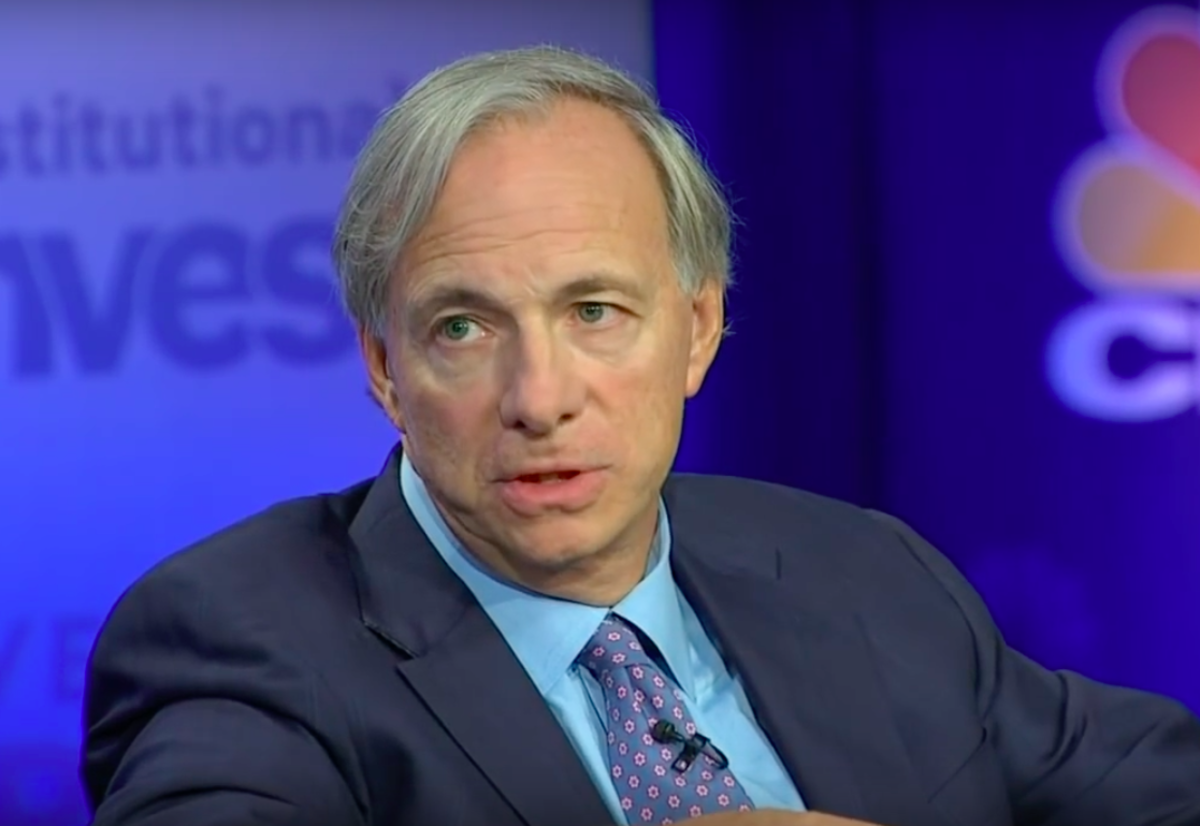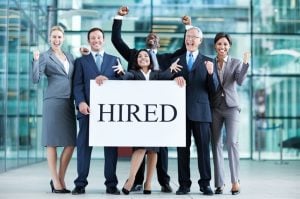Christy McLaughlin is running for the GOP nomination to replace the retiring Francis Rooney. She’s also an Ave Maria grad and apparently filed a 114-page complaint (gavel bang TaxProf) against FIU for allegedly expelling her for supporting Donald Trump.
McLaughlin filed for the crowded primary field back in March as a 24-year-old — she would reach the constitutional age requirement by the time she would hypothetically take office — campaigning on the Handsmaid’s Tale platform of banning abortion even in cases of rape and incest.
McLaughlin claims that the law school run at the time by Alex Acosta — a Trump administration official — had it in for her politically. She also names Acosta in the suit, alleging that he turned a blind eye to her political harassment and to professors having “inappropriate sexual relations with Plaintiff’s classmates” which certainly tracks his handling of the Jeffrey Epstein case.
McLaughlin accuses a professor who gave her a C+ of calling her “immoral” for supporting Trump, a professor who gave her a D for blocking her lawyer from attending her readmission hearing, a professor who gave her a B- of “promoting socialism,” and a C- and C from vaguely anti-Trump professors. The most striking anecdote is about a professor who gave her a D of “political indoctrination”:
In October 2017, during regular class time, Prof. Baker performed a skit demeaning Trump supporters. Prof. Baker entered the classroom wearing a “MAGA” hat. Prof. Baker spoke in a manner that mocked mentally challenged persons with a southern twang. Prof. Baker stated that he was the average Trump voter. Prof. Baker stated “My heroes are Napoleon Bonaparte, Forrest Gump and Donald J. Trump.” Prof. Baker carried on for several minutes making jokes and mocking Trump supporters as mentally challenged fascists.
The only thing unfair in that account is that Trump supporters would never have a dirty Frenchman as hero.
She claims in all of these cases the professors went in and messed with her grades in violation of blind grading policies and this led to her being tagged with academic expulsion based on deficient grades. This seems like a hell of a lot of effort to go to just to keep one conservative from entering the world with an FIU degree. The bulk of the complaint challenges the procedures employed in her dismissal as inadequate.
This should make for an interesting Answer.
In the meantime, today is primary day in Florida! Ave Maria has a 36 percent employment score for 2019 grads. So we’ll give McLaughlin a 1 in 3 chance of prevailing.
Congressional candidate claims law school expelled her for supporting President Trump [NBC 2]
 Joe Patrice is a senior editor at Above the Law and co-host of Thinking Like A Lawyer. Feel free to email any tips, questions, or comments. Follow him on Twitter if you’re interested in law, politics, and a healthy dose of college sports news. Joe also serves as a Managing Director at RPN Executive Search.
Joe Patrice is a senior editor at Above the Law and co-host of Thinking Like A Lawyer. Feel free to email any tips, questions, or comments. Follow him on Twitter if you’re interested in law, politics, and a healthy dose of college sports news. Joe also serves as a Managing Director at RPN Executive Search.




 Kathryn Rubino is a Senior Editor at Above the Law, and host of
Kathryn Rubino is a Senior Editor at Above the Law, and host of 


 Olga V. Mack is the CEO of
Olga V. Mack is the CEO of 






 Jordan Rothman is a partner of
Jordan Rothman is a partner of 
